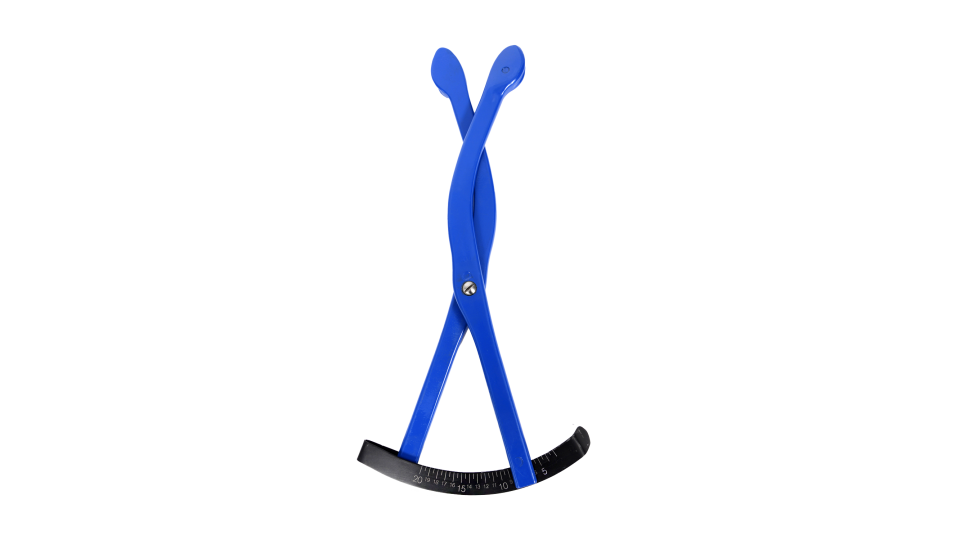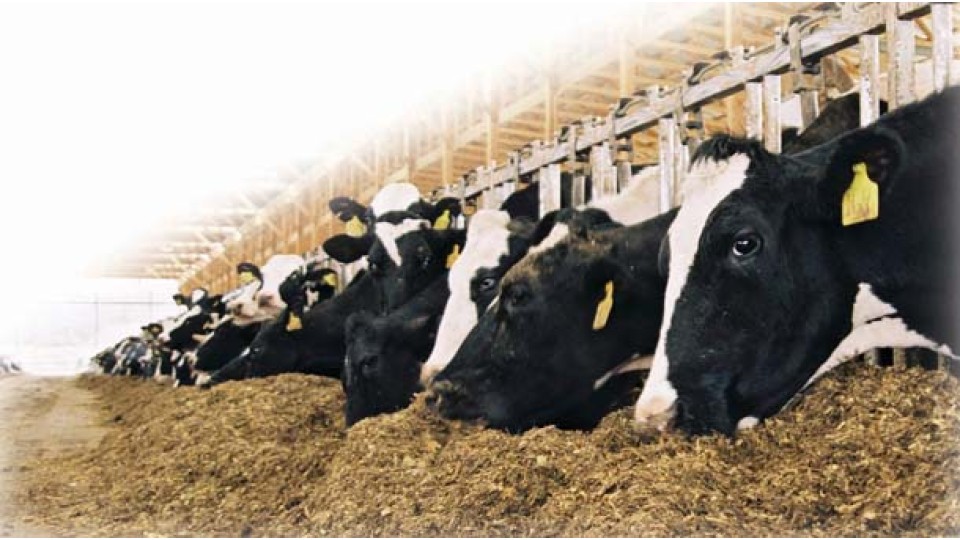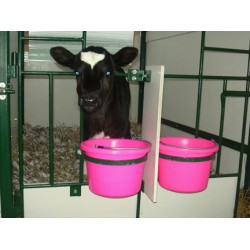Fertility is massively important to the profitability of both dairy and beef farms. Getting calves in calf at the correct time requires the cows to cycle correctly, being able to detect oestrus and then having good conception which involves both the cow as well as the bull.
Decreased fertility can be caused by a number of issues from genetics, the age of the cow/bull, infections and nutrition.
Certain aspects are unavoidable however every effort must be taken to ensure that fertility is taken into account when genetics are considered and also the chance if disease is kept to a minimum through good hygiene and biosecurity.
Nutrition is one area that has a great effect on fertility and ensuring that everything is correct will help to achieve good fertility and a low calving index.
Trace elements and vitamin nutrition is often one area of nutrition that can be given relatively little thought, however it can have a very strong impact on fertility in both cows and bulls if it isn’t correct. Deficiencies in trace elements or vitamins can have effects on hormone production and can lead to reduced fertility, abortion and ill-thrift in calves. Deficiencies can either be corrected through use of a suitable bagged mineral mix, lick blocks/buckets, oral drenches or boluses depending on which method is most suitable for you. Click to see our range of Mineral, Trace Element and Vitamin products
As well as mineral and vitamin nutrition, macro nutrient nutrition is also very important. With high producing dairy cows, it is inevitable that there will be some loss of body condition during early lactation caused by the negative energy balance due to the large amount of energy required to produce high volumes of milk. However, if this energy deficit is too large, and the loss of body condition is too great, fertility can be reduced drastically. If the negative energy balance is too great it can lead to ketosis, however, even if no signs of ketosis are present, fertility can be affected. Preventing excessive loss of body condition in early lactation up to service is important because as the amount of body condition lost increases, conception rates decrease.
This involves getting the diet correct and ensuring that not only are the requirements for energy and protein met but also that there is a sufficient level of physically effective fibre and good rumen function so that the most can be got out of the feed.
Signs of impaired rumen function to watch for are; loose manure, few cows cud chewing, seeing cud balls in the cubicle head and excessive loss of body condition despite adequate energy and protein in the diet.
News july 2011-
Bovine abortion - Bacillus licheniformis was recovered from the foetal stomach contents of a second trimester foetus. In a separate case, A. pyogenes was recovered from the foetal stomach contents of a second trimester foetus being the third abortion from a group of 100 dairy cows. A further second trimester foetus was submitted for post mortem examination being the first abortion from a group of 30 Aberdeen Angus heifers. Severe hydrocephalus and limb abnormalities were identified and although no infectious agent was identified by testing, histopathology found evidence of mild, nonsuppurative meningoencephalitis which was thought may have been the result of a viral, protozoal or bacterial infection or possibly have a hereditary origin.
Iodine deficiency - A PII level of 45 ng/ml (reference range 105-287 ng/ml) was identified in one of two heifers producing stillborn calves. The same heifer also had a low copper level of 3.5 µmol/l (reference range 9.19 µmol/l) and a GSH-Px level of 28.8 U/ml RBC (reference range >30 U/ml RBC).
August 2011- A Good article on Bull Fertility from Australian Shorthorn Society Website:








